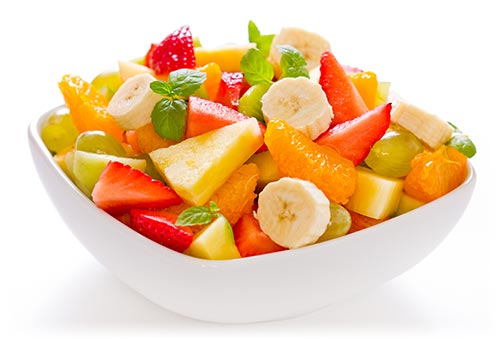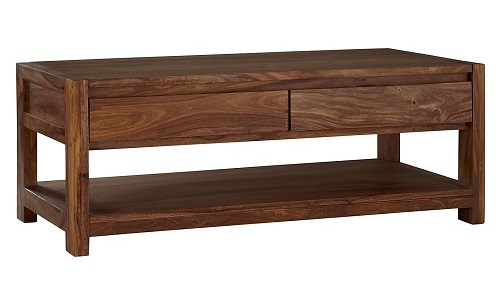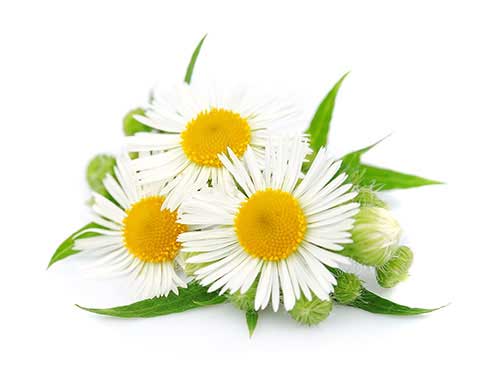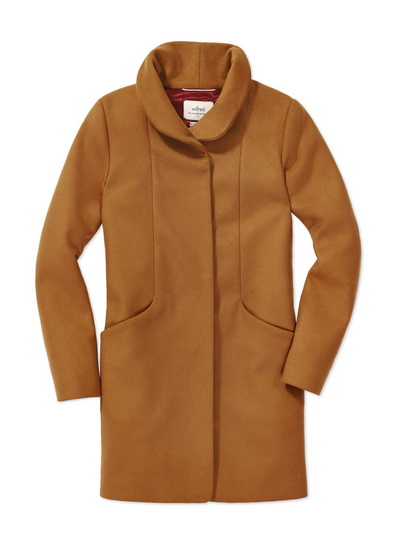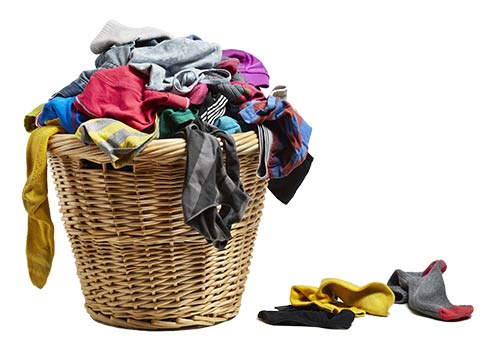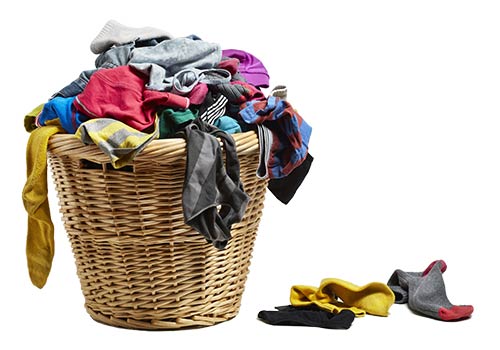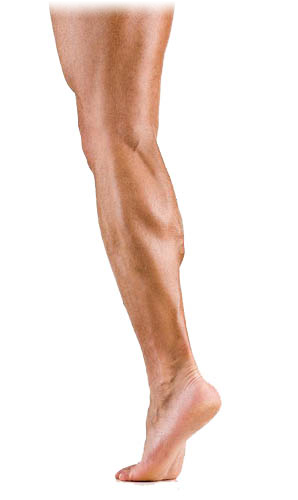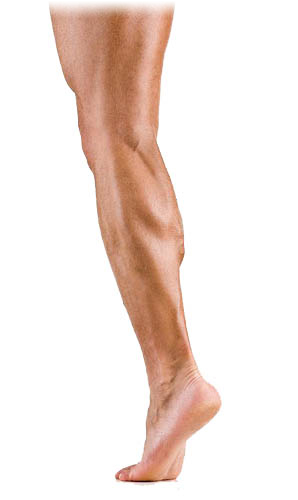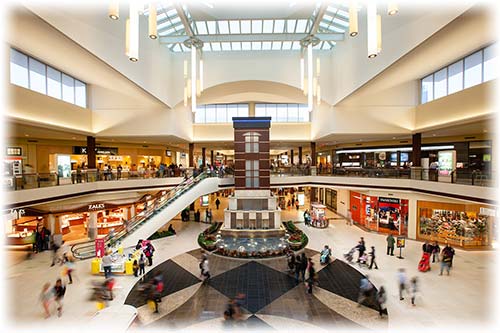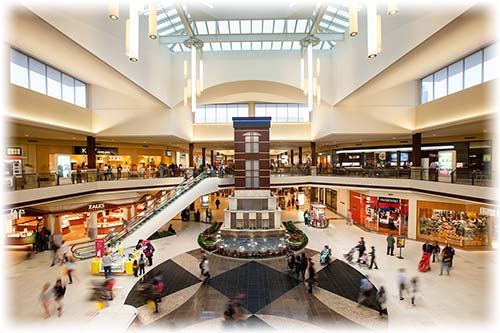leg
leg [leg legs legged legging] noun, verb [leɡ] [leɡ]
noun
PART OF BODY
1. countable one of the long parts that connect the feet to the rest of the body
• Sit on the floor, stretching your legs out in front of you.
• I broke my leg playing football.
• How many legs does a centipede have?
• front/back legs
• forelegs/hind legs
• a wooden leg
see also bow legs, daddy-long-legs, inside leg, leggy, legroom, peg leg, sea legs
MEAT
2. countable, uncountable the leg of an animal, especially the top part, cooked and eaten
• frogs' legs
• chicken legs
• ~ of sth roast leg of lamb
OF TROUSERS/PANTS
3. countable the part of a pair of trousers/pants that covers the leg
• a trouser/pant leg
• These jeans are too long in the leg.
OF TABLE/CHAIR
4. countable one of the long thin parts on the bottom of a table, chair, etc. that support it
• a chair leg
-LEGGED
5. [ˈleɡɪd] ; [ˈleɡɪd] [leɡd] ; [leɡd] (in adjectives) having the number or type of legs mentioned
• a three-legged stool
• a long-legged insect When -legged is used with numbers, it is nearly always pronounced /[ˈleɡɪd] /; in other adjectives it can be pronounced /[ˈleɡɪd] / or /[leɡd] /.
see also cross-legged
OF JOURNEY/RACE
6. countable ~ (of sth) one part of a journey or race
Syn: section, Syn: stage
• The final leg of the trip was by donkey.
SPORTS GAME
7. countable (BrE) one of a pair of matches played between the same opponents in a sports competition, which together form a single round (= stage) of the competition
more at cost/pay an arm and a leg at arm n., as fast as your legs can carry you at fast adv., be on your/its last legs at last adj., pull sb's leg at pull v., shake a leg at shake v., stretch your legs at stretch v., with your tail between your legs at tail n., talk the hind leg off a donkey at talk v.
see also leg-up
Word Origin:
Middle English (superseding shank): from Old Norse leggr (compare with Danish læg ‘calf (of the leg)’), of Germanic origin.
Collocations:
Physical appearance
A person may be described as having:
Eyes
(bright) blue/green/(dark/light) brown/hazel eyes
deep-set/sunken/bulging/protruding eyes
small/beady/sparkling/twinkling/(informal) shifty eyes
piercing/penetrating/steely eyes
bloodshot/watery/puffy eyes
bushy/thick/dark/raised/arched eyebrows
long/dark/thick/curly/false eyelashes/lashes
Face
a flat/bulbous/pointed/sharp/snub nose
a straight/a hooked/a Roman/(formal) an aquiline nose
full/thick/thin/pouty lips
dry/chapped/cracked lips
flushed/rosy/red/ruddy/pale cheeks
soft/chubby/sunken cheeks
white/perfect/crooked/protruding teeth
a large/high/broad/wide/sloping forehead
a strong/weak/pointed/double chin
a long/full/bushy/wispy/goatee beard
a long/thin/bushy/droopy/handlebar/pencil moustache/ (especially US) mustache
Hair and skin
pale/fair/olive/dark/tanned skin
dry/oily/smooth/rough/leathery/wrinkled skin
a dark/pale/light/sallow/ruddy/olive/swarthy/clear complexion
deep/fine/little/facial wrinkles
blonde/blond/fair/(light/dark) brown/(jet-)black/auburn/red/(BrE) ginger/grey hair
straight/curly/wavy/frizzy/spiky hair
thick/thin/fine/bushy/thinning hair
dyed/bleached/soft/silky/dry/greasy/shiny hair
long/short/shoulder-length/cropped hair
a bald/balding/shaved head
a receding hairline
a bald patch/spot
a side/centre/(US) center (BrE) parting/ (NAmE) part
Body
a long/short/thick/slender/(disapproving) scrawny neck
broad/narrow/sloping/rounded/hunched shoulders
a bare/broad/muscular/small/large chest
a flat/swollen/bulging stomach
a small/tiny/narrow/slim/slender/28-inch waist
big/wide/narrow/slim hips
a straight/bent/arched/broad/hairy back
thin/slender/muscular arms
big/large/small/manicured/calloused/gloved hands
long/short/fat/slender/delicate/bony fingers
long/muscular/hairy/shapely/(both informal, often disapproving) skinny/spindly legs
muscular/chubby/(informal, disapproving) flabby thighs
big/little/small/dainty/wide/narrow/bare feet
a good/a slim/a slender/an hourglass figure
be of slim/medium/average/large/athletic/stocky build
Example Bank:
• Have you ever tried frogs' legs?
• He jumped to avoid the flailing leg of the defender.
• He lost a leg in a motorcycle accident.
• He put his back against the car, braced his legs and pushed.
• He rolled up his trouser legs.
• He rolled up the legs of his jeans.
• He rose to his feet on shaky legs.
• He sat down with his lame leg outstretched.
• He sat with his legs dangling off the bridge.
• He was shot in the leg by a sniper.
• He was wheeled out of the hospital with his leg in a cast/in plaster.
• He was wheeled out of the hospital with his leg in plaster.
• His legs buckled and he collapsed on the floor.
• I had a big bruise on my leg.
• I moved the chair away from the table so I could cross my legs.
• I was able to stand on my good leg.
• I'm getting my legs waxed tomorrow.
• It was good to get out of the car and stretch our legs.
• Leg extensions use the quadriceps muscles to extend the knee.
• Many birds are able to stand on one leg for hours at a time.
• She crossed the finish line on tired legs.
• She had her leg amputated below the knee.
• She sat with her legs drawn up underneath her.
• She started running, fat legs pumping.
• She stretched her legs under the table.
• She swung her legs over the side of the bed and reached for her crutches.
• The dog lifted its leg against the lamp post.
• The dog sloped off, its tail between its legs.
• The fastest runner often runs the anchor leg of a relay.
• The fastest runner often runs the anchor leg= the last part of a relay race.
• These jeans are too long in the leg.
• They don't train the day before a match to ensure they have fresh legs.
• They gazed at each other, their legs entwined under the table.
• They made him put his hands on the police car and spread his legs.
• They ran together, their legs moving in unison.
• We were on the last leg of our journey.
• a fine pair of legs
• an injury to his upper leg
• Hopefully, the next leg of the race will feature fewer icebergs and more dolphins.
• I really believe we can turn around that 4–2 first leg deficit and win this game.
• The Spanish team won the third leg.
Idioms: break a leg! ▪ get your leg over ▪ have legs ▪ leg it ▪ not have a leg to stand on
